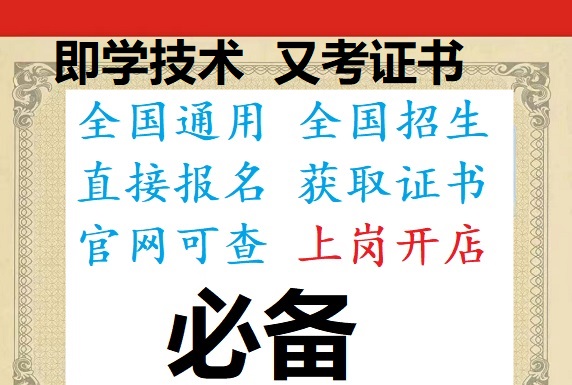
【Introduction to Chinese Medical Consultant Certificate】
The Chinese Medical Consultant (CMC) is a professional title that recognizes individuals with extensive knowledge and expertise in traditional Chinese medicine (TCM). This certificate is awarded to those who have completed rigorous training programs and passed various examinations, demonstrating their ability to diagnose and treat illnesses using TCM principles. In this article, we will provide an in-depth introduction to the CMC certificate and its significance in the field of TCM.
1、Eligibility requirements for obtaining the CMC certificate
To qualify for the CMC certificate, candidates must meet certain eligibility criteria. These include:
- Be at least 21 years of age;
- Have completed a comprehensive TCM training program that includes both theoretical and practical components;
- Passed all required examinations, which may include exams on TCM theory, diagnostic techniques, herbal medicine, acupuncture, and other topics;
- Maintain good standing and ethical conduct within the TCM community.
2、Training programs for CMC certificate holders
The CMC certificate requires a minimum of three years of training, which typically involves studying various aspects of TCM, such as:
- TCM theory and concepts;
- Diagnostic techniques and treatment methods;
- Herbal medicine and its application;
- Acupuncture and other forms of needle therapy;
- Qigong and other physical exercises;
- Nutrition and diet therapy;
- Pediatrics and gynecology in TCM.
Candidates can choose from a variety of training programs offered by accredited institutions or organizations. Some common options include:
- China Academy of Chinese Medical Sciences (CAMS);
- China Academy of Traditional Chinese Medicine (CATCM);
- China Academy of Health Sciences (CAHS);
- China National TCM College (CNTC).
3、Examinations for the CMC certificate
To obtain the CMC certificate, candidates must pass several examinations that test their knowledge and skills in various areas of TCM. These exams are designed to assess the candidate's ability to apply TCM principles to real-life situations and diagnose complex medical conditions. Examples of commonly required exams include:
- Theory exams on TCM theory, diagnosis, treatment methods, and herbal medicine;
- Practical exams on acupuncture, moxibustion, cupping, massage, and other TCM therapies;
- Clinical exams that simulate real-life scenarios involving patient evaluation, diagnosis, and treatment planning.
4、Responsibilities and duties of CMC certificate holders
Once certified as a CMC, individuals are expected to uphold high standards of professionalism and ethics in their practice of TCM. They should be able to:
- Provide accurate and effective diagnosis and treatment plans based on TCM principles;
- Communicate clearly with patients about their health status, treatment options, and potential risks;
- Use safe and appropriate techniques when performing acupuncture, herbal medicine, and other therapies;
- Collaborate with other healthcare professionals to ensure patient care is integrated with Western medicine;
- Keep up-to-date with the latest developments in TCM research and practice.
5、Benefits of the CMC certificate for practitioners and patients
For practitioners, obtaining the CMC certificate can enhance their credibility and reputation in the TCM community. It demonstrates their commitment to continuous learning and improvement in their field. For patients, having a CMC practitioner can provide them with access to high-quality TCM services that are based on solid scientific evidence and clinical experience. Additionally, patients can trust that their practitioner has undergone rigorous training and testing to ensure they are competent in treating their health problems using TCM principles.
